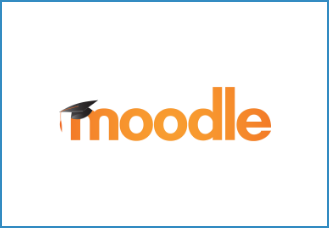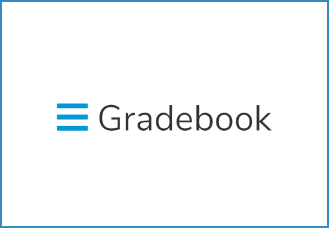Work related
This program offers various career opportunities, including broker consultant, claims manager, insurance administrator, insurance broker, loss adjuster, insurance assessor, reinsurance, underwriting or claims manager, Insurance investigator, Insurance trainer Financial Advisor, Insurance Sales Manager or insurance risk manager.
Study related
Upon successful completion of this program, candidates may pursue further studies in the following programs;
• BAC post graduate diploma in Insurance
• Honours Degree in Risk Management
• Master’s Degree in risk management
• Actuarial Science
• Chartered Financial Planner
Applicants should have BGCSE/IGCSE or equivalent, with a minimum 34 points of 12 points in any of the following subject combination;
• Maths/English
• Maths/Commerce
• Accounting/English
• Accounting/Commerce
OR
• Certificate in Insurance from a recognised educational institution
• Mature candidates with no academic qualifications with a minimum of 3 years relevant work experience may be considered on an RPL basis.
Students will be assessed using the following methods;
• Practice progress tests (Do not contribute to the final exam mark)
• All modules are assessed by three (3) hour written examinations and are designed to reflect professional practice. The assessment method may vary for some modules and will include constructed responses or multiple-choice.
•Workplace attachment
• The pass mark is 50% for all modules
This is a four (4) year program with a core foundation in short-term insurance, long-term insurance and retirement funds for the first three semesters. From year 2 semester one(1) the program specializes in short-term insurance. It consists of 17 compulsory modules and 4 elective modules plus 6 months compulsory industrial attachment in short-term. Industrial attachment is undertaken in the last semester of year 4 and assessed in terms of the Insurance Institute of South Africa’s (IISA) technical work experience requirements.
| COMPULSORY MODULES |
| Year 1: |
Semester 1 |
Introduction to short term insurance Introduction to long term insurance Introduction to retirement funds |
| Semester 2 |
Practice of long-term insurance (Intermediate) Practice of short term (Intermediate) Business communication (Intermediate) |
| Year 2: |
Semester 1 |
Practice of R/funds (Intermediate) Business Organization (Intermediate) Business Calculation (intermediate) |
| Semester 2 |
Short term Insurance Insurance Law Personal insurance practice Risk Management |
| Year 3: |
Semester 1 |
Short term Insurance Commercial Insurance practice |
| Semester 2 |
Short term Insurance Legal framework Liability insurance Property insurance |
| Year 4: |
Semester 1 |
Short term Insurance Claims management |
ELECTIVE MODULES
Select two (2) modules: - Transportation insurance Motor insurance Specialist insurance (Aviation, Marine, Construction & Engineering) |
| Year 1: |
Semester 2 |
Practice of long-term insurance (Intermediate) Practice of short term (Intermediate) Business communication (Intermediate) |
| Year ?: Select two (2) modules |
Interruption insurance |
Reinsurance |
| Insurance intermediaries |
| COMPULSORY COMPONENT |
| Year 4: |
Semester 2 |
Short term Insurance Industrial attachment |
A student under the DTEF sponsorship program is only eligible to progress to the next semester upon passing 50% of modules sat for in the previous semester. Students who have failed their examination on first attempt, shall be given an opportunity to write supplementary exams before final results are forwarded to DTEF.
Exemptions or Credits for prior learning (CPL) are awarded at the certificate stage if you have an accounting or business related degree, accounting degree or other professional accountancy qualifications.
Certificate level - 1 ½ hour e-assessment (55% Pass mark)
Professional level - 2 ½ hour computer based exam except FAR which is 3 hours All E-Assesment(55% Pass Mark)
Advanced level - 3 ½ hour E-Assessment for 2 computer based exam (50% Pass mark)
Advanced level - case study - 4 hour paper based exam (50% Pass Mark)





